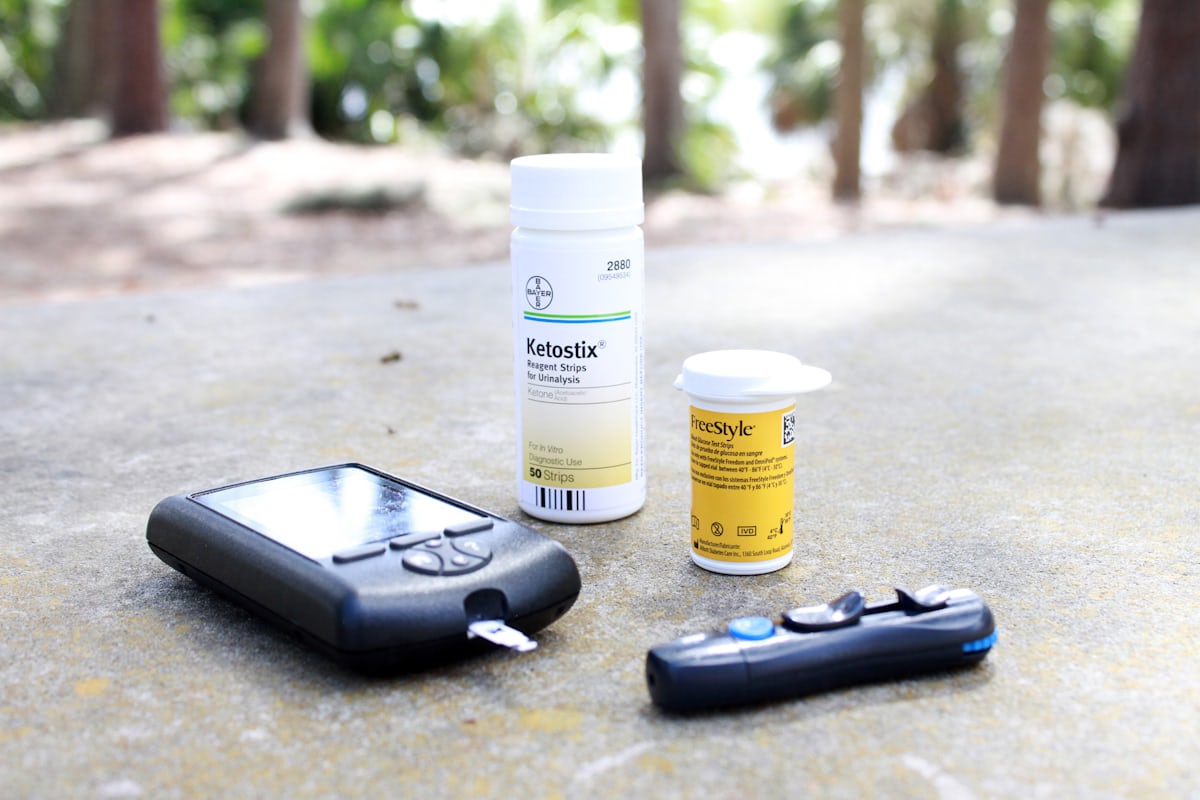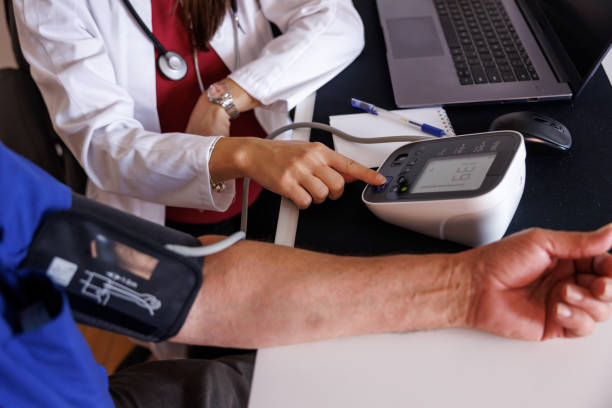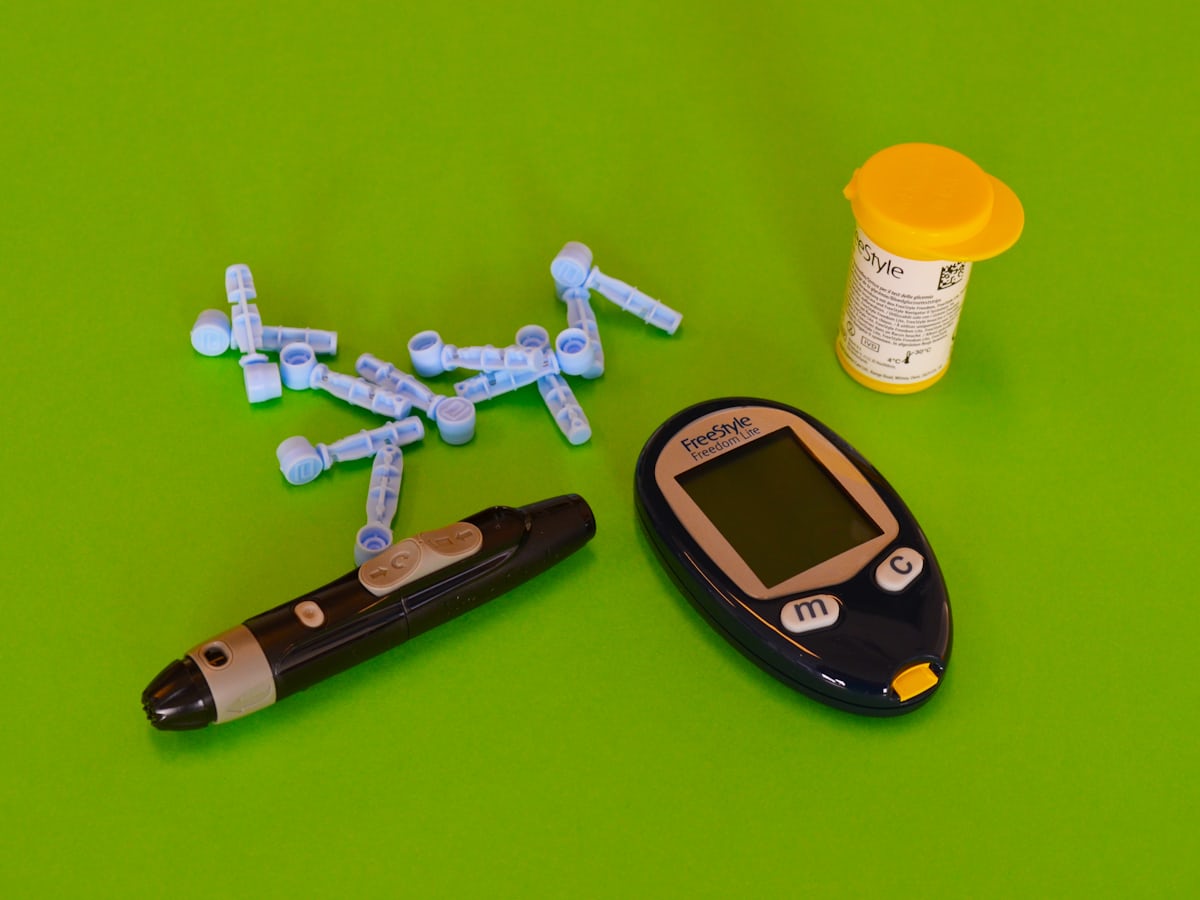Living with diabetes can be difficult because it often comes with many complications. One of them is diabetes and kidney disease, which have a significant impact on people’s health and quality of life. But with the right prevention and management strategies, people with diabetes can reduce their risk and effectively manage kidney disease.
In this article, we will cover some practical tips and methods to prevent and manage this condition.
Diabetic nephropathy is a disease that affects the kidneys of people with diabetes. Over time, high blood sugar damages the small blood vessels and kidney filters, leading to kidney failure.
If left untreated, it can lead to end-stage renal disease (ESRD), which requires dialysis or a kidney transplant.
There are steps you can take to prevent diabetic kidney disease. These strategies include:
Keeping blood sugar levels in the desired range is important to prevent diabetes and kidney disease.

Regular monitoring of blood sugar levels, eating a balanced diet, and prescribed medication or insulin therapy can help maintain good control.
High blood pressure can accelerate the development of diabetes. Monitor your blood pressure regularly and work with your healthcare provider to control your blood pressure by making healthy lifestyle changes and taking medications as needed.
Regular exercise, maintaining a healthy weight and avoiding smoking can have a positive effect on overall kidney health. These lifestyle changes can help control diabetes and other risk factors associated with kidney disease.Regular check-ups and kidney function tests can detect early signs of kidney damage.
Regular monitoring allows for rapid intervention and implementation of necessary management strategies.
Proper management is important for diabetic patients. The following strategies can help improve your quality of life and prevent the disease from getting worse:
Medicines and treatments
Depending on the stage of diabetic kidney disease, health professionals may prescribe the following medications.

Control blood pressure
Regulates blood sugar levels
It can also reduce the risk of kidney damage
Continued use of these medications and compliance with the recommended treatment plan are important to maintain effective treatment.
For patients with kidney disease and diabetes, a diet with controlled sodium, protein and phosphorus content may be recommended. Limiting your intake of processed foods, sugary drinks, and high-protein foods can help reduce the burden on your kidneys.
Regular follow-up visits with a healthcare professional are important to monitor kidney function and properly adjust your treatment plan. These visits provide an opportunity to address any concerns or questions about diabetic nephropathy treatment.
Certain lifestyle changes can have a positive effect on the treatment of diabetic kidney disease. These include:
Maintain a healthy weight
Participate in regular physical activity
Control stress levels
Avoid smoking or drinking large amounts of alcohol
When treating diabetic kidney disease, it is important to have a nephrologist who specializes in kidney health.
If you have diabetes and are concerned about your kidney health, here are some examples of recommendations to see a nephrologist. If you suspect you have diabetes or have had kidney disease from diabetes in the past, your nephrologist may:
Be sure to undergo a comprehensive exam, including blood tests, urine tests, and imaging tests
Determine the extent of the disease
Kidney problems
If kidney function is reduced, for example:
Increased protein in the urine
Creatinine levels increase

The glomerular filtration rate (GFR) is reduced.
If you have diabetes and are having trouble controlling your blood pressure effectively, seeing a kidney doctor may be helpful. They specialize in treating high blood pressure associated with kidney disease and provide treatment plans designed to control high blood pressure and prevent kidney failure.
If diabetic kidney disease progresses to advanced or end-stage kidney disease, your nephrologist may discuss treatment options:
Dialysis
Kidney transplant
Other methods depend on the situation
Coordinate care with other professionals
Do you have multiple health conditions, such as diabetes, kidney disease, heart disease, or other comorbidities?
Nephrologists may collaborate with other specialists to provide comprehensive, integrated care.
A nephrologist can provide valuable education and guidance about specific lifestyle changes, dietary restrictions, and medication management for diabetic kidney disease.
They can give you the knowledge and resources to take an active role in managing your kidney health.
Early detection and intervention are the keys to effective treatment of diabetic nephropathy. If you have diabetes, work closely with your healthcare team to develop personalized prevention and management strategies tailored to your individual needs. In general, you can reduce your risk of kidney disease and protect your kidney health.
Reference
https://www.family.abbott/in-en/ensure/guides-to-healthy-living/healthier-you/10-diy-steps-to-manage-diabetes.html?utm_source=google_Search&utm_medium=generic_keywords&utm_campaign=Diabetes%20Management&gad_source=1&gclid=Cj0KCQjwo8S3BhDeARIsAFRmkOO5H6shojqPuH9zcKa5SpSInKuIQ84zSgeRBnF_N2vHTmSk9zCWpZkaAhhDEALw_wcB
https://www.kidney.org/diabetes-and-chronic-kidney-disease#:~:text=Diabetes%20is%20the%20leading%20cause,protein%20intake%20are%20also%20important.
https://www.kidney.org/kidney-topics/preventing-diabetic-kidney-disease-10-answers-to-questions
https://www.niddk.nih.gov/health-information/diabetes/overview/preventing-problems/diabetic-kidney-disease
https://www.aafp.org/pubs/afp/issues/2019/0615/p751.html
https://www.uptodate.com/contents/treatment-of-diabetic-kidney-disease
https://www.associatesinnephrologypc.com/2023/11/03/diabetic-kidney-disease-prevention-and-management-strategies/
https://www.cdc.gov/diabetes/healthy-eating/diabetes-and-kidney-disease-food.html
https://www.nature.com/articles/nrdp201518
https://www.family.abbott/in-en/ensure/guides-to-healthy-living/healthier-you/10-diy-steps-to-manage-diabetes.html?utm_source=google_Search&utm_medium=generic_keywords&utm_campaign=Diabetes%20Management&gad_source=1&gclid=Cj0KCQjwo8S3BhDeARIsAFRmkOObJm6XUCuNa9cTQQIorLp-qibLUzabdfFyWIfRcgaN3-6onW8f1BEaAmL-EALw_wcB
 using WordPress and
using WordPress and
Comments are closed